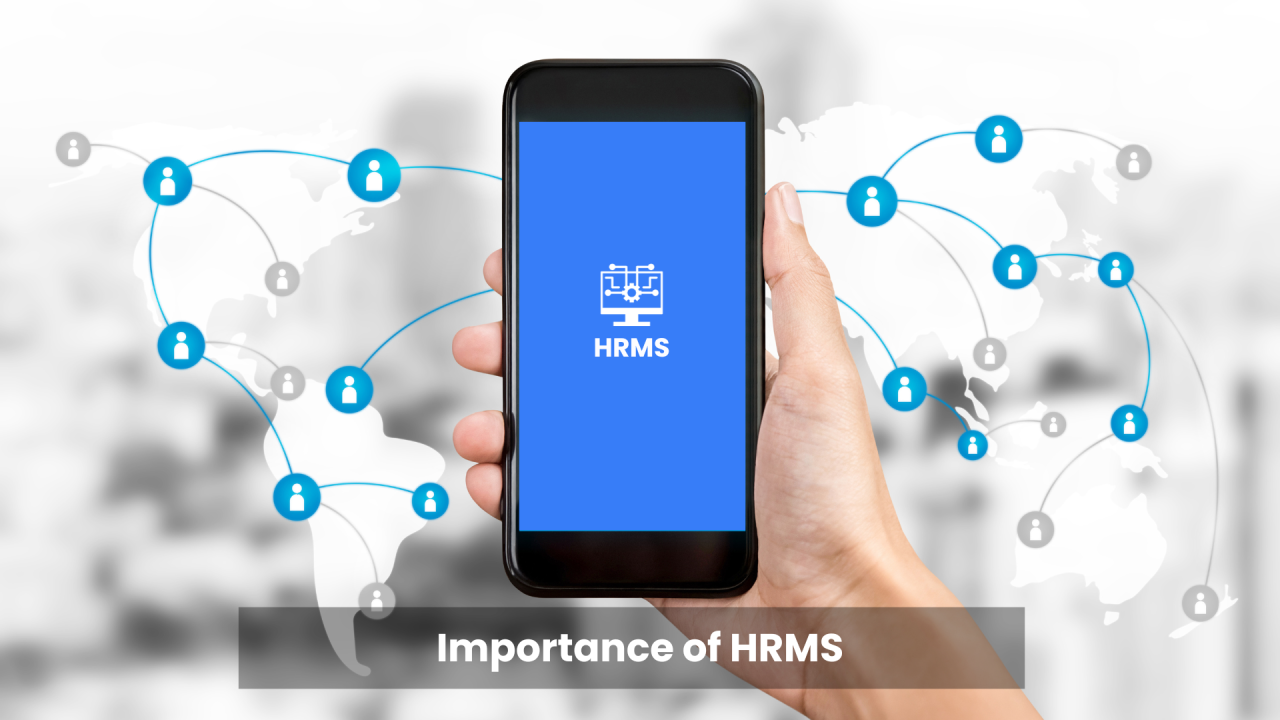
Unlocking Efficiency: The Crucial Role and Importance of HRMS in Modern Businesses
In the dynamic landscape of modern business, where agility and efficiency are key to success, Human Resource Management Systems (HRMS) have emerged as indispensable tools for organizations of all sizes. This article explores the profound importance of HRMS in streamlining HR operations, enhancing employee experience, and fostering overall organizational efficiency.
1. Centralized Data Management:
One of the primary advantages of HRMS is its ability to centralize crucial employee data. By consolidating information such as personal details, attendance records, performance metrics, and more, HRMS eliminates data silos, providing HR professionals with a comprehensive and unified view of their workforce.
2. Efficient Recruitment and Onboarding:
HRMS simplifies the recruitment process by automating tasks such as resume screening, applicant tracking, and interview scheduling. Additionally, the onboarding process becomes seamless, ensuring that new hires have a smooth transition into the organization. This efficiency not only saves time but also enhances the overall candidate and employee experience.
3. Time and Attendance Management:
Automated time and attendance tracking are crucial components of HRMS. By eliminating manual timekeeping, organizations reduce errors, improve accuracy in payroll processing, and ensure compliance with labor regulations. This feature is particularly beneficial for businesses with remote or flexible work arrangements.
4. Performance Management and Goal Tracking:
HRMS facilitates a structured approach to performance management. It allows for the setting of goals, regular performance reviews, and continuous feedback. This data-driven approach aids in identifying high performers, addressing skill gaps, and aligning individual goals with organizational objectives.
领英推荐
5. Employee Self-Service Portals:
The advent of HRMS brings forth employee self-service portals, empowering staff to manage their personal information, access payslips, request time off, and participate in training programs independently. This not only enhances employee autonomy but also reduces the administrative burden on HR teams.
6. Enhanced Data Security and Compliance:
In an era of increasing data regulations, HRMS plays a vital role in ensuring data security and compliance. It implements robust security measures, including encryption and access controls, safeguarding sensitive employee information, and ensuring adherence to legal requirements.
7. Strategic HR Decision-Making:
By automating routine HR tasks, HRMS liberates HR professionals to focus on strategic initiatives. The wealth of data provided by HRMS analytics empowers decision-makers to identify trends, forecast workforce needs, and implement strategies that align with the organization's long-term goals.
8. Adaptability to Business Growth:
Scalability is a key consideration for businesses on a growth trajectory. HRMS systems are designed to scale with the organization, accommodating an increasing number of employees, additional functionalities, and evolving business processes.
Conclusion:
In conclusion, the importance of HRMS in modern businesses cannot be overstated. From simplifying administrative tasks to fostering a data-driven approach in decision-making, HRMS acts as a catalyst for organizational success. As businesses navigate the complexities of the contemporary workplace, embracing HRMS becomes not just a choice but a strategic imperative for those seeking to optimize their human capital and thrive in a competitive landscape.